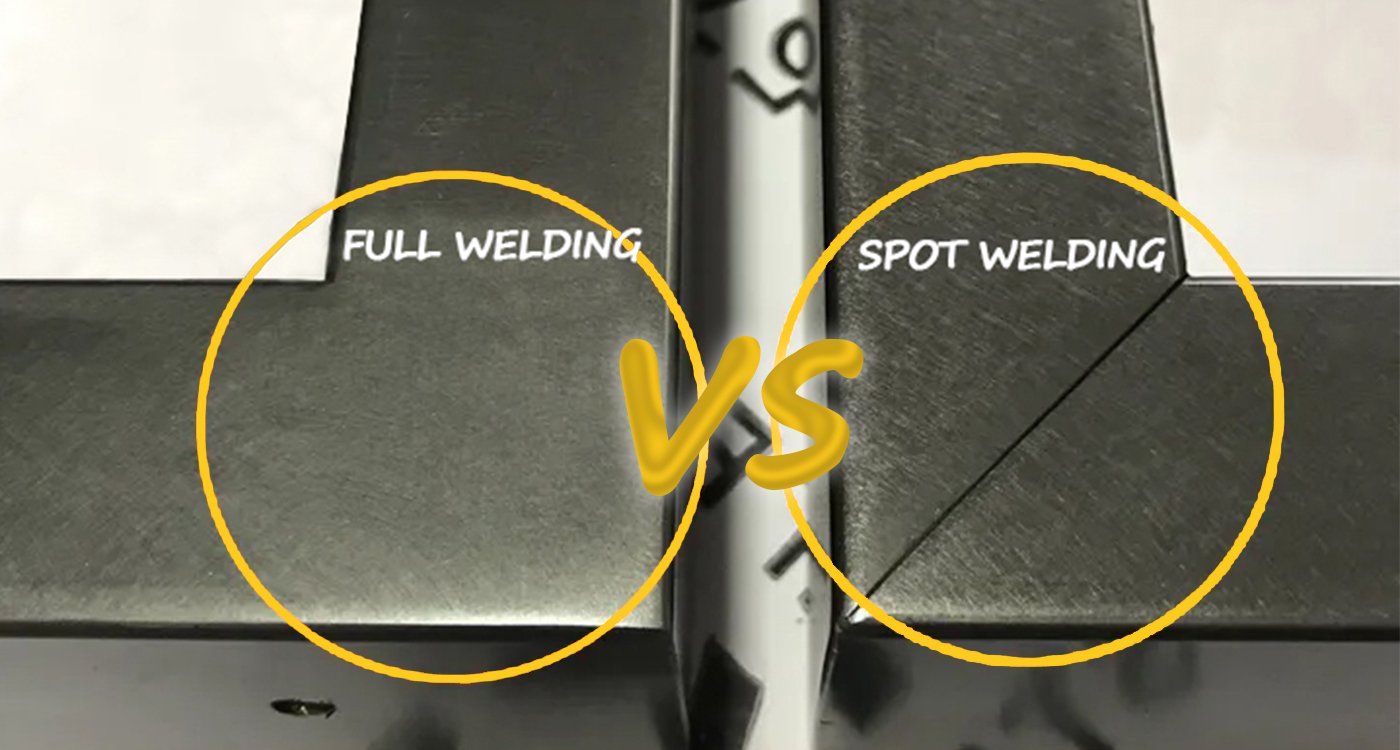Modernize Your Space with Stainless Steel Baseboards
Table of Contents
Stainless steel baseboards are an excellent option for people who prefer sleek, contemporary designs for their interior spaces. They serve both a practical and aesthetic purpose in that they protect the base of walls from damage, as well as adding a stylish touch to the room. In this article, we will examine the key features, benefits, and installation process involved in using stainless steel baseboards.
Overview of Stainless Steel Baseboards
Stainless steel baseboards, also known as decorative metal baseboards, stainless steel base moulding, or stainless steel base molding, are strips or sections of stainless steel that are placed along the base of walls or skirting areas. They offer protection against damage from furniture, abrasions and scratches, as well as adding a modern touch to any room. They come in a wide variety of shapes, sizes, and finishes, making them versatile enough to suit all interior design styles.
Benefits of Stainless Steel Baseboards
Aside from their undeniable aesthetic appeal, stainless steel flooring baseboards offer a wealth of benefits, namely:
Durability – Stainless steel is renowned for its durability and resistance to weather and corrosion, It is also resistant to impact, scratches, and damage associated with everyday use.
Low maintenance – Stainless steel skirting boards require minimal maintenance. They are easy to clean and can be wiped clean using a damp cloth or mop. Stainless steel is resistant to moisture and is not susceptible to warping or cracking, and they retain their stylish look over the years.
Cost-effective – While some may be discouraged by the initial cost to install stainless steel baseboards, it is usually worth the investment because of their longevity and minimal maintenance cost. They do not wear out quickly, needing repairs, replacements, or repainting, unlike other baseboard materials.
Versatile – Stainless steel baseboards facilitate different design styles and comes in various finishes, including polished, brushed, and satin. They can also be customized to match different decors.
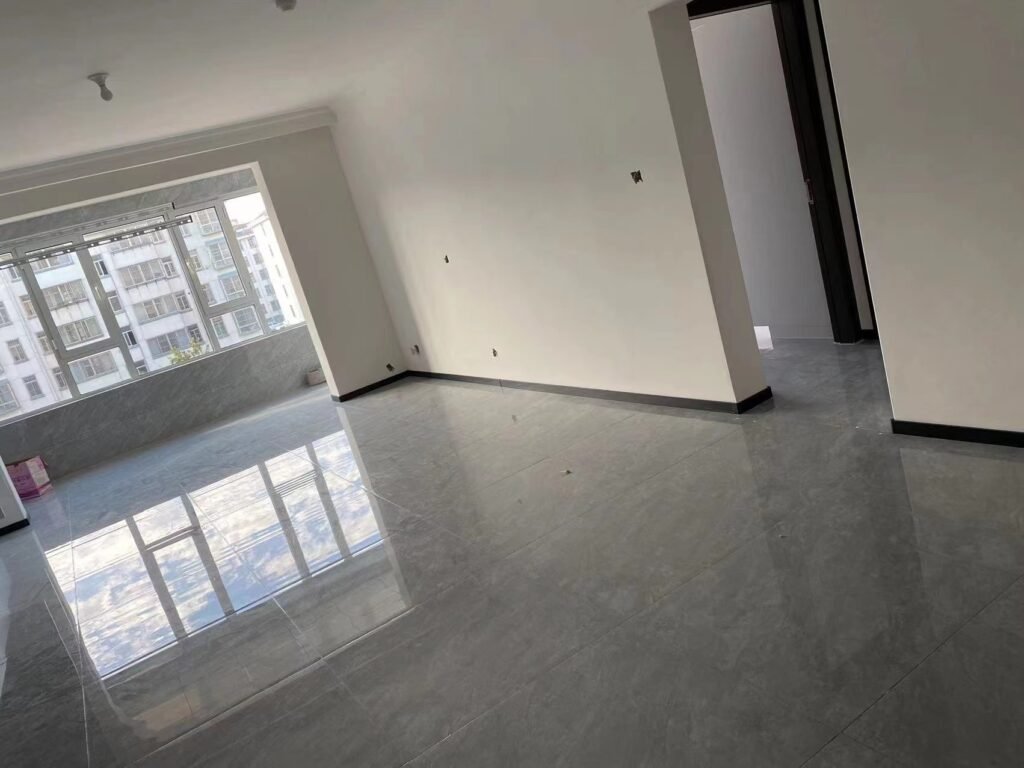
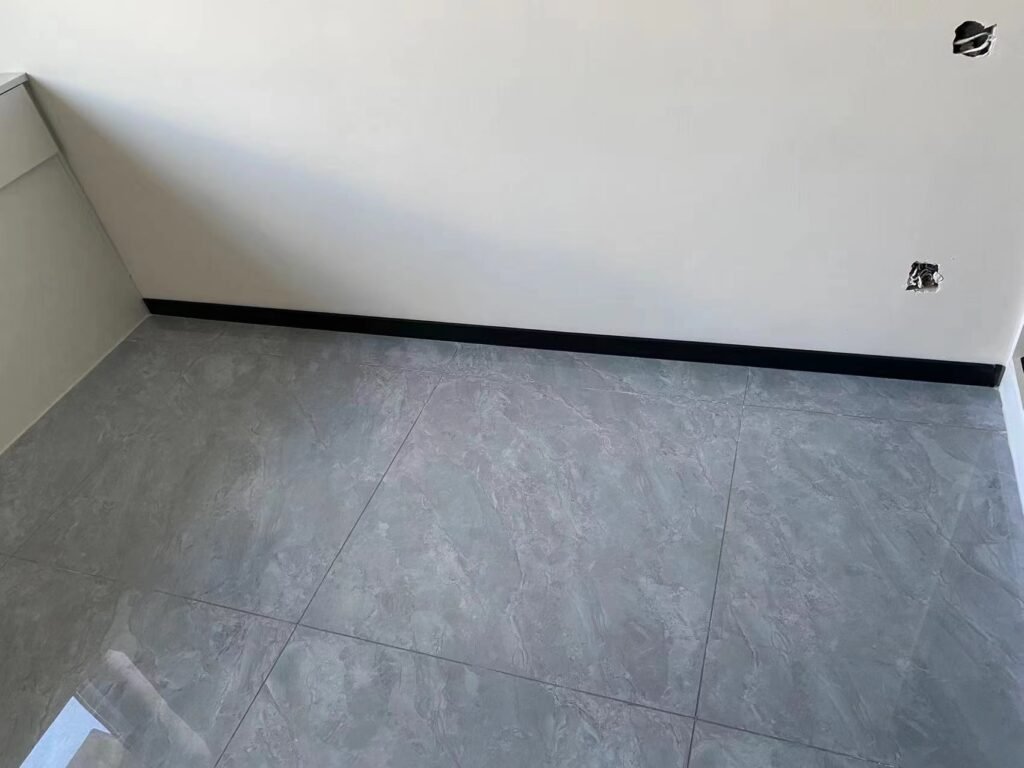
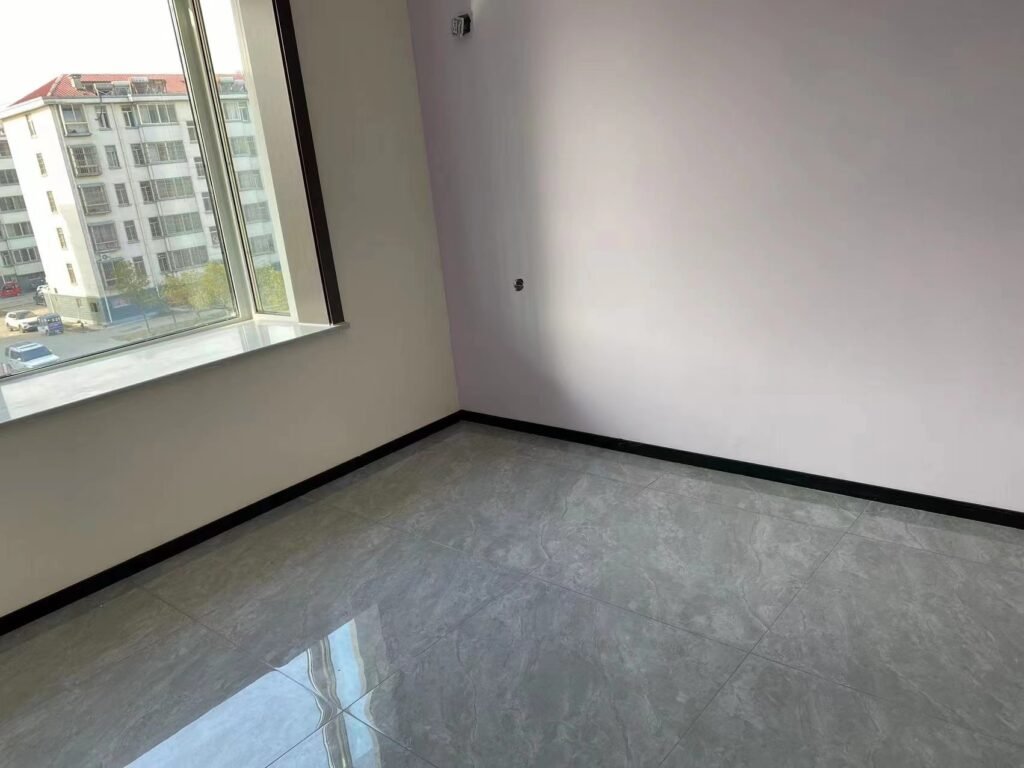
Installation Process of Stainless Steel Baseboards
Tools:
Before commencing installation, ensure you have the necessary tools and materials. Here is a list of items you’ll need for the installation process:
Baseboards
Construction Adhesive
Paintable Caulk
Measuring Tape
Handsaw or Jigsaw
Paint and Paintbrush
Step-by-Step Guide:
Step 1: Measure the Length of the Wall
Measure the length of the wall area where the stainless steel baseboard will be installed. This will help you know how much baseboard is required, and you can purchase enough baseboard to cover the entire area.
Step 2: Cut the Stainless Steel Baseboard to Size
Using a handsaw or jigsaw, cut the stainless steel baseboard to size, according to the length measured around the wall.
Step 3: Apply Adhesive
Apply adhesive to the back of the stainless steel baseboard, then press it gently into place. Ensure that it is aligned evenly with the floor. A construction or tile adhesive can be used for this purpose.
Step 4: Apply Caulk
To create a smooth and even finish, apply caulk around the edges of the baseboard. Use paintable caulk to ensure that the baseboard can be painted, if needed.
Step5: Finishing Touches
Run a bead of caulking around the edges of the baseboard to create a smooth finish. Ensure that the caulking is paintable so that the baseboard can be painted, if needed.
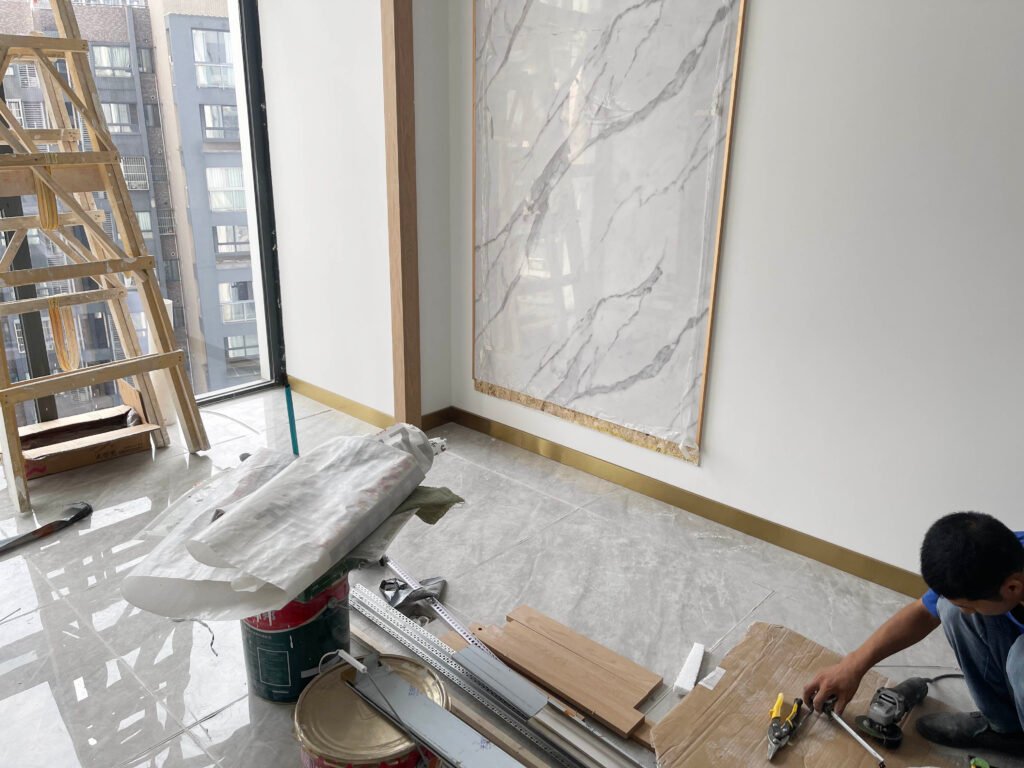
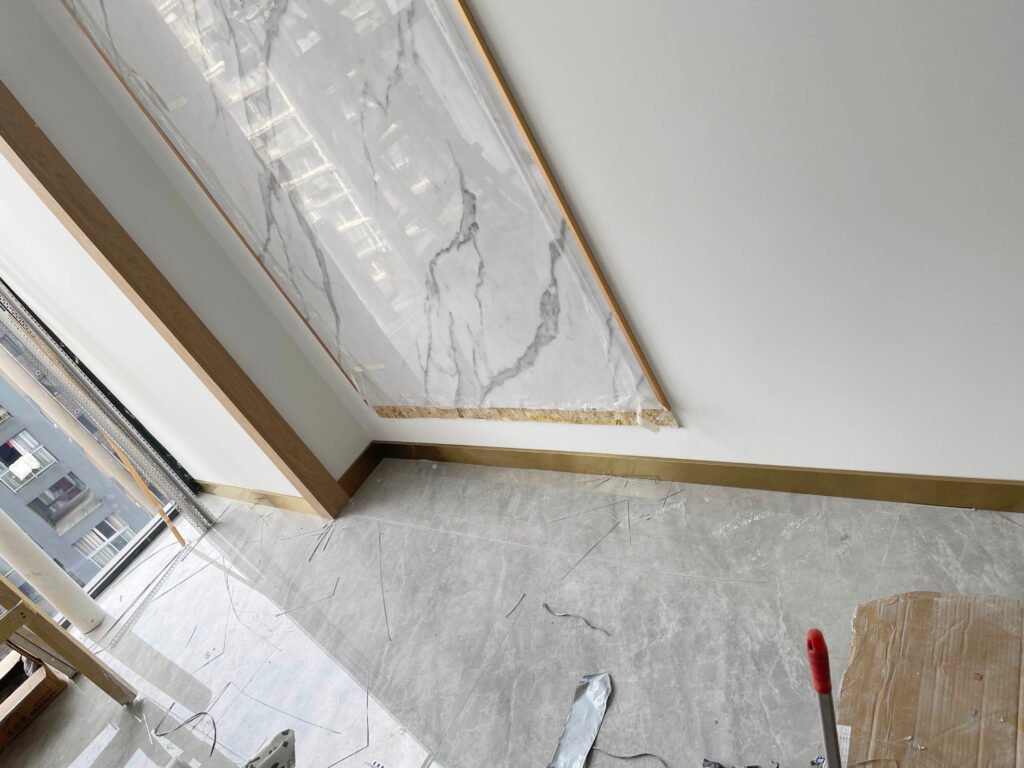
Tips for Installing Stainless Steel Baseboards
Here are a few tips to help you achieve a professional installation of stainless steel baseboards:
Measure precisely
Take accurate measurements of the wall area to help you size and estimate how much baseboard to purchase.
Use appropriate adhesive
Use the appropriate adhesive for the situation, whether construction adhesive or tile adhesive depending on the wall surface.
Prepare the surface
Ensure that the surface is clean, dry and free of any obstruction before applying the adhesive.
Properly align the baseboards
Ensure that the baseboard is properly aligned with the wall and the floor to create a seamless finish.
Use sharp and appropriate cutting tool
When cutting stainless steel baseboards, use a sharp and appropriate cutting tool, either a jigsaw or handsaw, with a blade designed for cutting metal.
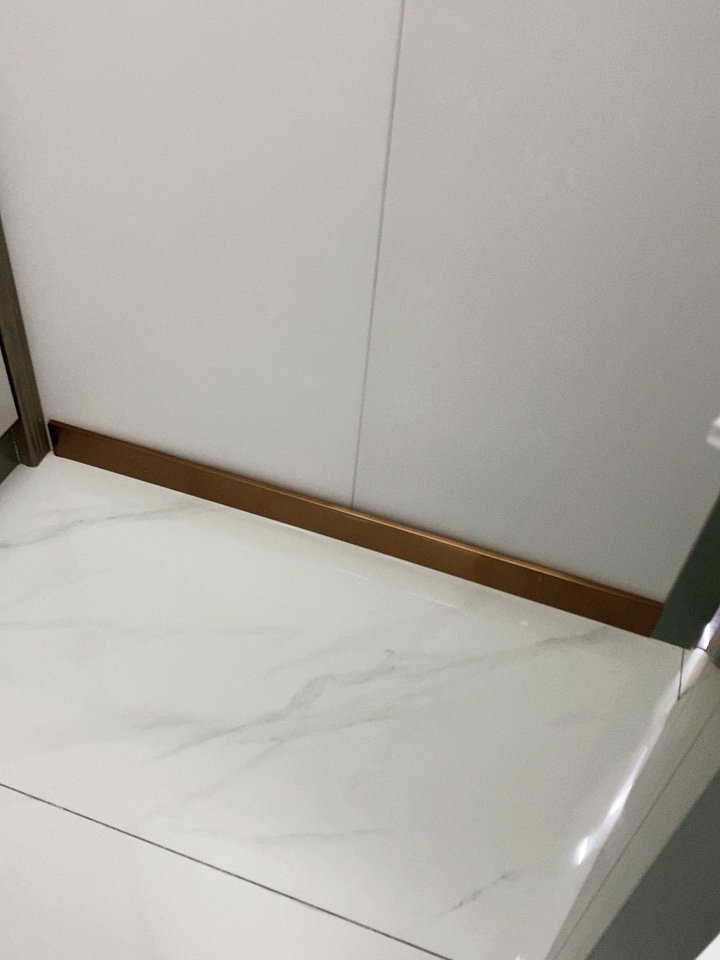

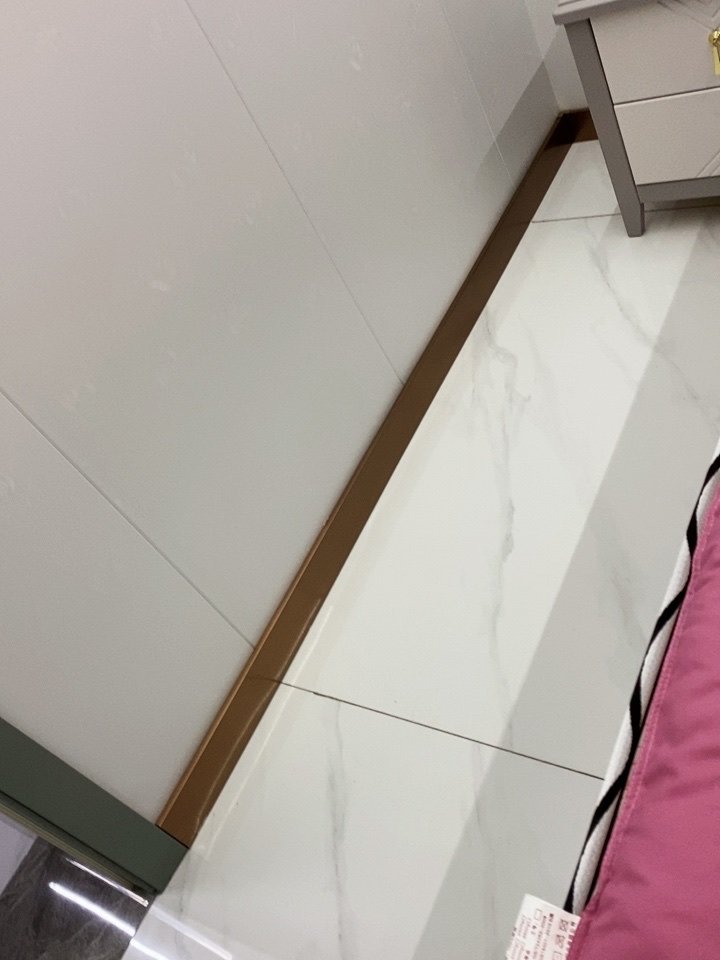
Maintain Stainless Steel Baseboards
Keeping your stainless steel skirting baseboard clean and well-maintained is crucial to ensure its longevity and good looks. While stainless steel is tough and resilient, it also requires proper care and maintenance to keep it in top condition. Here are some tips on how to maintain the stainless steel skirting baseboard:
Clean the Baseboard Regularly
Stainless steel skirting baseboards tend to accumulate dust, dirt, and grime over time, which can dull the surface. Regular cleaning with a damp cloth or a soft-bristled brush can help remove dirt and restore the shine. Make sure you avoid abrasive cleaners, steel wool, and harsh chemicals that can scratch or damage the surface. Instead, use mild soap and water, a non-abrasive stainless steel cleaner, or a microfiber cloth to clean the baseboard.
Watch out for Stains
Stainless steel skirting boards are susceptible to staining from different substances, such as fingerprints, oils, and grease. To prevent stains, wipe the baseboard immediately if it comes into contact with any staining substance. If the stain persists, use a soft cloth or a sponge with mild soap and water or vinegar solution to clean the affected area. Avoid using bleach, ammonia, or other acidic cleaning agents that can damage the surface.
Protect against Scratches
While stainless steel is resilient against wear and tear, it is not entirely scratch-proof. To protect the surface against scratches, avoid using abrasive materials or sharp objects that can scratch it. For instance, avoid using steel wool, abrasive scrubbers, or harsh brushes to clean the baseboard. Instead, use soft cloths or sponges and gentle cleaning agents.
Add a Protective Coating
Applying a protective coating can help extend the lifespan of your stainless steel skirting baseboard and keep it looking new. You can use a stainless steel polish to add a protective coating that can repel dirt, grime, and stains. Apply a thin layer of the polish on the baseboard surface, let it dry for a few minutes, then buff it with a clean cloth to create a protective layer.
Inspect for Damage
Regularly check for any signs of damage, such as dents, scratches, or discoloration. Address any damage promptly, as it can worsen if left unattended, and lead to more significant damage that may require replacement. You can use a repair kit, sandpaper, or a polishing compound to fix minor damage. However, severe damage may require replacing the baseboard or calling a professional for repair.
In Conclusion
Stainless steel baseboards are a stylish and practical addition to any interior design. They offer durability, low maintenance, versatility, and are cost-effective in the long run. Installing them requires precise measurements, using appropriate adhesive, proper alignment, and finishing touches. With the right tools, techniques, and tips outlined in this article, you can achieve a flawless installation of stainless steel baseboards that will enhance the aesthetics and durability of your space. With proper care and maintenance, your stainless steel baseboard can complement your interior design style and continue to protect your walls from damage for years to come.
You Might Also Like
Please Share This
Recent Posts
- Stainless Steel Color Panels in Hotel Projects: Applications and Design Insights
- Stainless Steel Screens in Hotel Spaces: Design Strategies and Applications
- Large Stainless Steel Planters for Architectural and Commercial Landscape Projects
- Stainless Steel Outdoor Railings: Engineered for Durability, Designed for Style
- Metal Outdoor Signage: Durable, Customizable, and Professional Wayfinding Solutions




